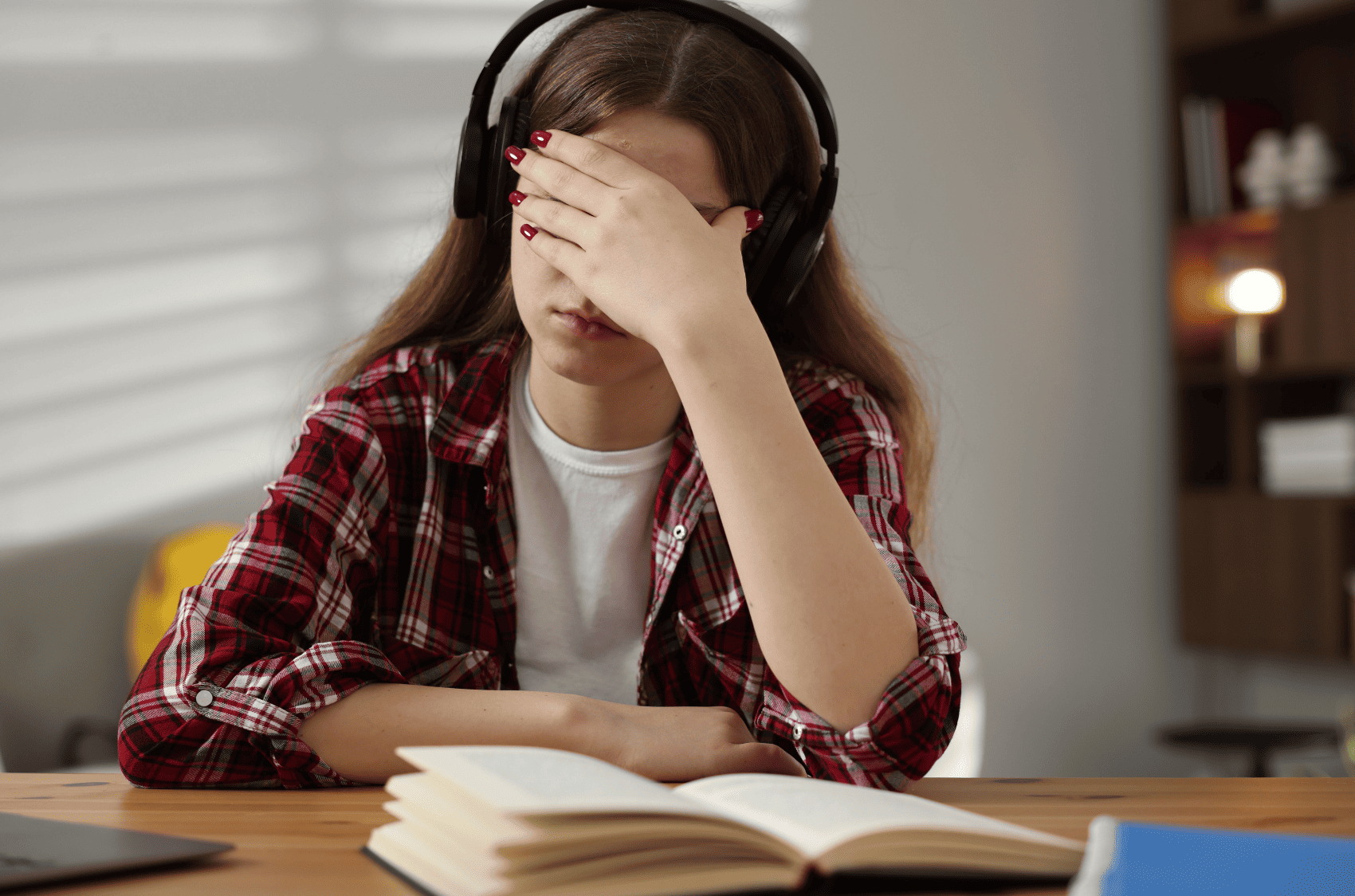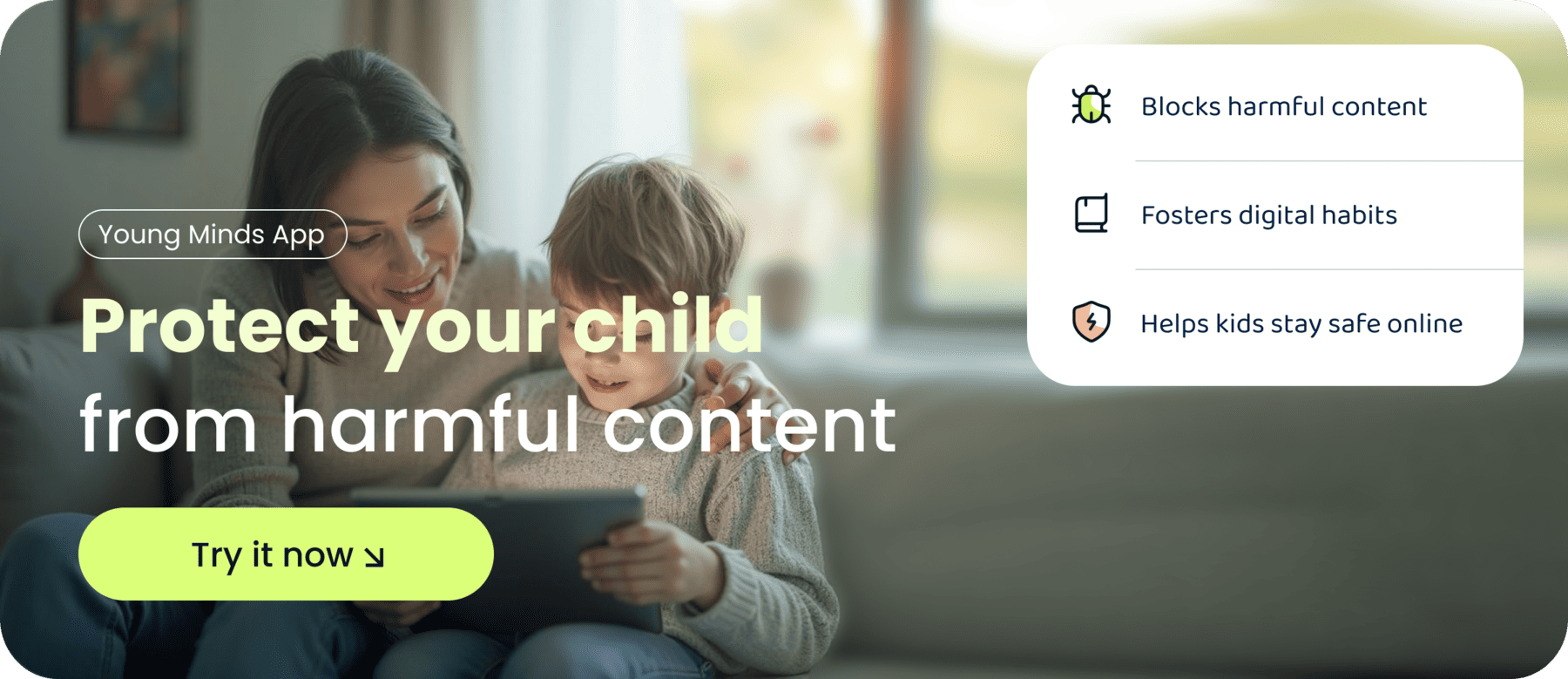A long-term study of 3,322 Ontario children (2008–2023) found that each additional hour/day of early screen time was associated with about 9–10% lower odds of higher standardised reading and math scores at ages 8 (Year 4) and 11 (Year 6). These findings persisted after adjusting for family income and parental education, although causation cannot be confirmed.
Why this study matters
Earlier research focused on attention, sleep, and emotional wellbeing. This new longitudinal study adds a critical academic dimension: screen habits in childhood may influence later reading and math performance. It’s one of the largest prospective cohorts tracking screen use and academic outcomes over a decade.
The study at a glance
- Design & sample: Prospective cohort (TARGet Kids!) of 3,322 children in Ontario, Canada. Screen time measured at mean ages 5.5 years (grade 3) and 7.5 years (grade 6).
- Outcome: Provincial standardised EQAO tests in reading, writing, and math.
- Key findings: Each extra hour/day of total screen time → ≈9–10% lower odds of higher achievement in grade 3 reading/math and grade 6 math (adjusted for socioeconomic factors).
- Media-type nuance: TV & digital media showed similar effects; video games had smaller but notable effects, especially in girls (grade 3).
- Limitations: Parent-reported screen time (possible recall bias); observational design; content/context of media use needs more research.
“Screen time is a part of everyday life for most families, and high levels of exposure may have a measurable impact on children’s academic outcomes,” says Dr Catherine Birken, SickKids co-lead author.
How screen habits may affect reading & maths
- Displacement: Screens replace shared reading, puzzles, and play that build vocabulary and problem-solving skills.
- Attention shaping: Rapid, high-stimulation content can shorten attention spans, making extended reading or focused problem solving more challenging.
- Reduced language exposure: Less adult-child conversation limits vocabulary acquisition, critical for later reading.
- Sleep disruption: Evening or excessive screen use impairs sleep, which negatively affects memory, attention, and classroom performance.

Practical steps for UK parents
Balanced usage matters more than total bans. Evidence-based strategies:
- Set age-appropriate limits — Avoid screens for children under 2; preschoolers: about 1 hour/day of high-quality, supervised content.
- Replace passive viewing with interactive activities — Shared reading, storytelling, counting games, puzzles, or outdoor play for 30–60 minutes.
- Co-view and discuss — Turn shows into learning moments by asking open questions: “Why did that happen? What might come next?”
- Create device-free routines — No screens at meals, bedrooms, or the hour before bedtime.
- Model balance — Children imitate adult habits; parents can set the example.
- Implement gradual changes — Phase in reduced screen time and explain the reasoning.
- Use tools like Young Minds App — Track screen usage, guide educational activities, and help children develop healthy digital habits. This app can turn screen time into learning opportunities and encourage balance.
Key Takeaway
Early screen habits shape how children learn, think, and perform, beyond just attention. Balanced routines, open conversation, and tools like Young Minds App can help UK families turn screen time into a supportive, learning-rich experience.
Parents Also Ask:
How much screen time is healthy for young children?
There is no single rule for every family, but many experts suggest avoiding screens for children under two years old and limiting preschoolers to around one hour of high-quality, supervised content each day. The key is ensuring that digital time is meaningful, interactive, and balanced with real-world experiences.
Are all types of screen time equally harmful?
No. Interactive, educational, and shared screen use can support learning, while passive or unsupervised use is more likely to create problems. It’s not just the quantity of screen time that matters, but the quality of what children are watching and how engaged they are.
Can reducing screen time improve school performance?
Research suggests that limiting screen time can free up more opportunities for play, reading, and rest — all of which directly support learning and attention. Families who create consistent routines often see improvements not just in academic performance but also in emotional balance and communication.
Does the study prove screens cause lower grades?
No — it shows association, not causation, although the effect persisted after adjusting for socioeconomic factors.


-min.png)


